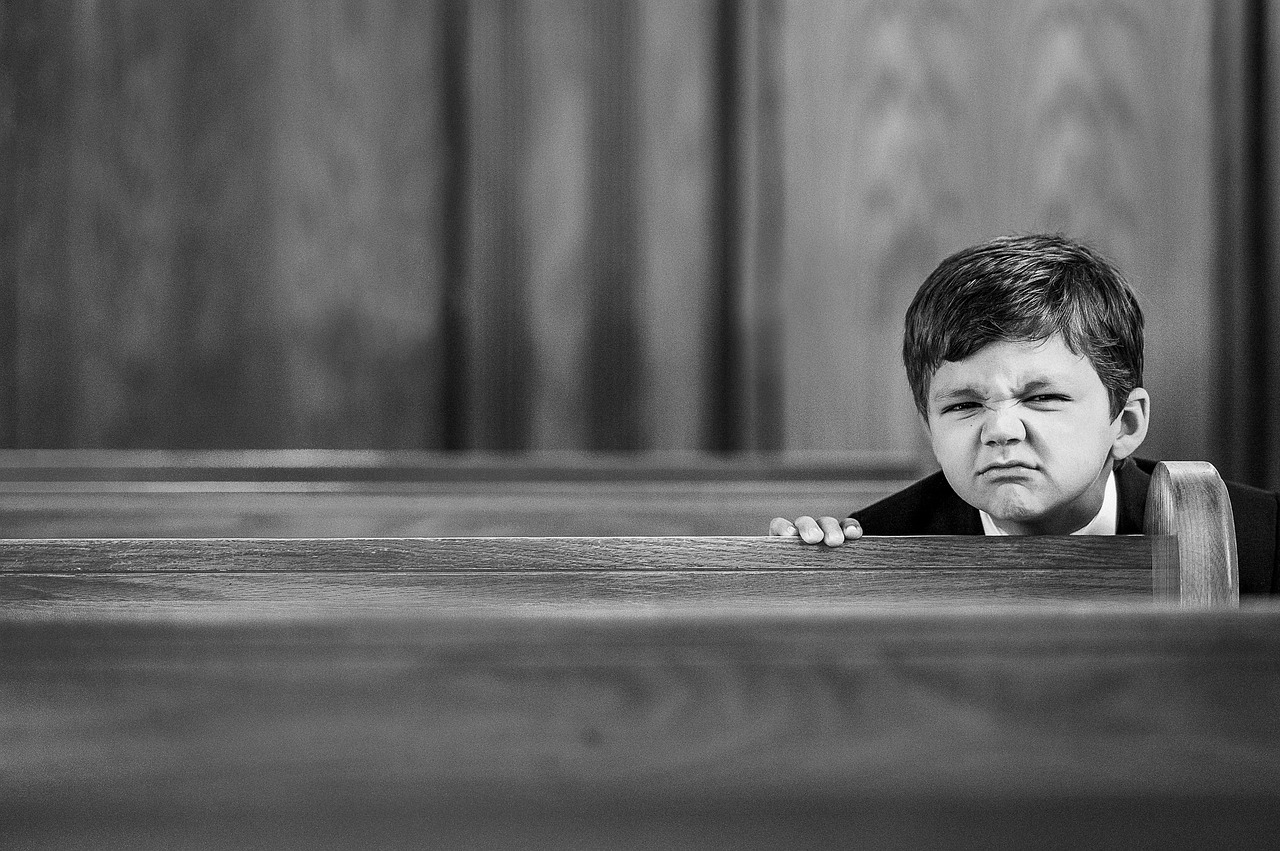The dialogue of worship continues.
Ordinance or Sacrament?
As an ordinance, the Lord’s Supper is a memorial. We remember Christ’s death on the cross. As a sacrament, we commune with the risen Lord and receive from his hand the life he extends to us. All churches who celebrate Communion do so “in remembrance of what Christ did for us on the cross. The question is, is that all it is? Is it just a memorial?
This is where I started thinking about God’s involvement in worship. If it’s an ordinance, Communion is just a memorial, an act of human remembering. In this scenario, human beings do all that there is to be done in Communion–they remember. This seemed to me to be a contradiction because if you argue ordinance it seems silly to proclaim God’s active sovereignty from the pulpit. How can God be active in our lives, when he’s inactive in Communion.
The essential difference between an ordinance and a sacrament is whether or not God is doing anything in the event. You already know where I am going with this. I have been arguing that God is active in our Sunday gatherings, so of course he’d be involved in the supper we’ve named The Lord’s Supper.
God is active in Communion and his first act is to invite us to the table.
Invitation to the Table
It is fitting that the first action belongs to God. In the establishment of the First Communion, Jesus was very active. He found the room, gathered his disciples, washed their feet and moderated the sacramental meal. God does the same for us and his Invitation is an act of Grace.
Communion
God is active in The Holy Supper. What does he do? He speaks. He says, “Take” and then he extends something to us. What does he offer? Well, we are not exactly sure, but if we read the symbols, it might have something to do with nourishment and sustenance. Literal bread and wine are basic foods that nourish our physical bodies. Spiritually we need sustenance as well. His body and blood are nourishment for our spiritual life. Perhaps he is conveying unity; all Christians eat and drink of the body and blood of Christ, and in so doing, we are united in him. The bread and wine are symbolic, but this term is not understood by those steeped in Modern reasoning. The communion elements aren’t “just symbols.” (The allusions present in the sacrament itself ought to be enough to convince us of this.)
In some way we receive Christ and Grace by the Holy Spirit through faith. What actually happens at the table is a mystery. Modern secularism doesn’t like mysteries, and neither do modern Christians–we like to have clear explanations for spiritual things. But we don’t get to have clarity here, and I don’t think we should want it. A ritual engaging in a spiritual mystery will teach us that reality is comprised of mysteries that we can neither understand nor control. We simply receive and accept by faith. This might go a long way to counter the secularizing pressures of living in the Modern world.
In Communion, through the physical elements of bread and wine, Christ signifies our salvation through his sacrifice on the cross. The really interesting thing here is that we are presented with a convergence of the spiritual and the physical reality. Modernism wants to make distinct and separate categories, again, so do Modern Christians. But the two are not as distinct as we naturally conceive it. That Word became flesh, and yet never ceased to be God.
All of worship, all of life, all of reality is both physical and spiritual–sex is a spiritual communion, Kraft Dinner is morally reprehensible, coffee tastes terrible in Styrofoam, the first thing we do when we wake up in the morning is likely an act of worship, and we ought to fold our hands when we pray, and possible consider kneeling or lying prostrate.
Screwtape, senior tempter (demon if you will) in C. S. Lewis’ book, The Screwtape Letters tells us why.
At the very least, [humans] can be persuaded that the bodily position makes no difference to their prayers; for they constantly forget, what you must always remember, that they are animals and that whatever their bodies do affects their souls. It is funny how mortals always picture us as putting things into their minds: in reality our best work is done by keeping things out.
Because we struggle with seeing the spiritual reality in our ordinary lives, we find it easy to dismiss it from Communion.
But this is the very reason why we should emphasize divine agency in the Lord’s Supper. We need to be be trained out of the foolish view that the physical and the spiritual are separate. We are trained by ritual. By regularly entering into the mystery of the Eucharist, we again and again experience an incarnational reality.
[click_to_tweet tweet=”Because we struggle with seeing the spiritual reality in our ordinary lives, we find it easy to dismiss it from #Communion. But this is the very reason why we should emphasize divine agency in the #LordsSupper. #Incarnation ” quote=”Because we struggle with seeing the spiritual reality in our ordinary lives, we find it easy to dismiss it from Communion. But this is the very reason why we should emphasize divine agency in the Lord’s Supper. “]
A Sunday encounter with the mystery of the incarnation in Communion can perhaps be the vehicle by which we begin experience the nearness of the Holy Spirit on Monday.
The Order of Worship (1): Call to Worship
The Order of Worship (2): Confession
The Order of Worship (3): The Sermon
The Order of Worship (4): The Creed
The Order of Worship (5): Pastoral Prayer
The Order of Worship (7): The Benediction


Leave a Reply